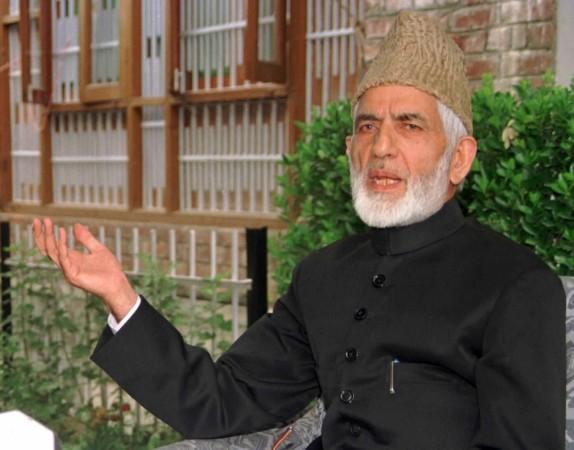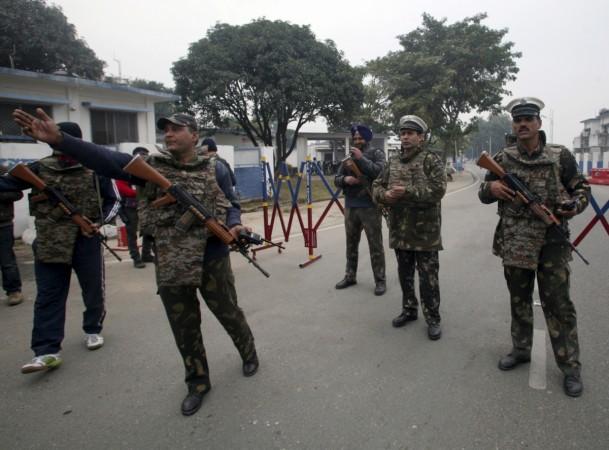
The government has banned Jammu and Kashmir-based religio-political organisation Jamaat-e-Islami for a period of five years after its activities were termed as "unlawful" under the Unlawful Activities (Prevention) Act.
The notification issued by Union Home Ministry mentions that JEI works in close coordination with militant outfits and is based on the ideology of the secession of Jammu and Kashmir.
The government said that curbs on the organisation have become necessary in view of JEI's persistent efforts in creating a separate Islamic state, which will destablise law and order.
It further mentions that the JeI has engaged in anti-national activities and propagated separatist sentiments among the people in the valley, which is detrimental to the integrity of India.
The directive further said that JEI's alignments with extremist organisations have also incited violence in the valley.
What is Jamaat-e-Islami and how will the ban affect it?
This is not for the first time that JEI has been banned in J&K. The controversial cadre-based organisation was banned by the government in 1990 when the armed insurgency broke in the valley. At that time, it was believed that JEI was also instrumental in leading to the establishment of Hizbul Mujahideen.
The roots of JEI were sown as early as in the 19th century in J&K when an Islamic reformist movement began aimed to change the moderate Sufism structure in the valley which was adopted by a majority of its people. The middle class working people later subscribed to the teaching of one of India's biggest Islamic scholars, Maulana Madudi, who was strictly against any kind of shrine practice in Islam.
The JEI was fundamentally preaching a moderate version of Wahabbi Islam in the valley and also revolted against the Dogra rule in the 20th century.
Around 1947, when India got independence, JEI had already established its educational institutions and roped in thousands of workers from across the valley to practice its version of Islam, which was also against what former Chief Minister Sheikh Abdullah preached.
The JEI subsequently fought several Assembly elections in the state with marginal success. It also broke away from Jamaat-e-Islami Hind in 1950s and was believed to be advocating a pro-Pakistan accession policy. Senior Hurriyat leader Syed Ali Shah Geelani was also a JEI member who had fought the 1983 elections that were believed to be rigged.
Although JEI has been in denial of it advocating pro-Pakistan sentiments, the government's recent crackdown on its members tells a different story.
The ban on JEI prohibits it from holding congregation, distributing its documents/ pamphlets and directly running educational institutions.
A network of various schools, colleges and hospitals in J&K is currently being operated by JEI and the ban may serve as a major blow to its work.


















